HAJJ, one of the five pillars of Islam, is obligatory on every adult Muslim once in his lifetime if he is financially and physically capable to undertake the journey.
Allah (God in Arabic language) said in the Qur’an (God’s final revelation to mankind through Prophet Muhammad ﷺ):
And pilgrimage to the house is duty upon mankind owed to Allah for whoever can find a way there (Qur’an 3:97)
Hajj rituals commemorate the events that took place during the time of Ibrahim (Abraham) عليه السلام, one of the prophets of Allah. Ibrahim عليه السلام perfected his faith in Allah and showed complete reliance on God during the many trials and tribulations in his life.
His life is worth reading about before going for Hajj or if you simply want to understand Hajj better. When Muslims perform Hajj, they are reminded of his powerful legacy which recharges their commitment to the religion and thus helps them attain pure faith in God.
The fact that Hajj has been going on every year for thousands of years of human history shows that it has to be divinely legislated. Human beings are incapable of starting such a movement.
Many of us who go for Hajj focus a lot in learning the rituals, and of course we must. However, preparing the heart for the pilgrimage should not be any less important. We must prepare our heart to attain the purpose of Hajj. Therefore, let’s look at the inner dimensions of Hajj, spiritual aspects that the pilgrimage reminds us of:
Faith in God and that He is Only One
This is called tawheed in Arabic. This is the heart of our belief. The moment pilgrims enter ihraam (ritual state to perform hajj), they start proclaiming the Talbiyah.
Repeating the Talbiyah makes the heart firm on the fact that Allah is one and that there is no partner besides Him. He, our Creator, is sufficient for us and He alone is in control of everything.
While repeating it, let’s remember what the proclamation indicates: the obligation to worship Allah alone and keep far away from Shirk (worshiping others along with Allah). Since Allah is Alone in His favours and His giving, having no partners, then likewise He is Alone in His Tawheed, not having any equal. [1]
Obedience to Allah and His Messenger ﷺ
No ibaadah (worship) is valid unless it coincides with the commands of Allah and the Messenger ﷺ. Hajj is a worship prescribed by Allah on mankind so we listen and obey. The ultimate purpose behind every worship is obedience to Allah. And Hajj is a manifestation of obedience to Allah and His Messenger ﷺ.
Piety
Taqwa is translated as piety in English. Piety is the fruit of obedience and is also a purpose in itself. Piety is again to enjoin what Allah and the Prophet ﷺ ordered to enjoin and to abstain from what they asked us to abstain from.
In Hajj, Muslims practice piety from the time they decide to enter the state of performing the pilgrimage. The pilgrims also abstain from what is normally permissible outside Hajj.
The result of this piety is that they return with their good deeds accepted and blessed to a new life full of Emaan and Taqwa, full of goodness and steadfastness, beautified with an eagerness to be obedient to Allah. [2]
Hereafter
Anything that reminds one of the Hereafter, the Judgement Day, is of tremendous benefit because the goal is to succeed there. And Hajj is an excellent reminder of the Hereafter. The two pieces of white cloth that pilgrims wear to embark on the journey leaving behind all their worldly possessions reminds them of death and their final journey to Allah.
When pilgrims gather and stand in Arafah, they are reminded of how all human beings will stand on the Day of Judgment before Allah and be accounted for their deeds. Pilgrims pray and seek forgiveness at Arafah and return back hoping their sins are forgiven and that they will change for the better.
Honoring the symbols of Allah
Whatever Almighty God has deemed sacred is sacred. Human beings cannot attribute sacredness to what they wish. The things and places that Allah has deemed sacred are the symbols of Allah. During Hajj, pilgrims honor, exalt and love the symbols of Allah and what He deems is sacred.
Allah says (what means):
“…And whoever honors the Symbols of Allah – indeed, it is from the piety of hearts.” [Qur’an, 22: 32] [3]
Muslim unity
Hajj is a beautiful scene of the unity of all believers regardless of their classes, backgrounds, cultures, or languages. It’s a scene worth watching and feeling. Muslims from around the world, rich and poor, stand as one community wearing two pieces of white cloth, manifesting the fact that Allah only sees what is in the hearts. No one is higher in status in front of God except by virtue of good deeds.
Hajj unites the hearts and gathers them to obey Allah, be sincere to Him, follow His Shariah, and abide by His commands and prohibitions.
This is why Allah says (translated):
“Verily, the first House (of worship) appointed for mankind was that at Bakkah (Makkah), full of blessing, and a guidance for the ‘Alamîn (mankind and jinn).” [Qur’an, 3:96] [4]
Patience and certainty in Allah
Hajj teaches us patience and having trust in Allah, especially during its rituals like the Sa’i. It reminds us of the trials of Hajar, wife of Ibrahim عليه السلام. It reminds us of her patience and certainty in obeying Allah’s commands. She was commanded to stay with her baby in a desert without food and water. People without faith would consider it an unimaginable thing to do. However, she was certain that if this was Allah’s command, He would take care of her.
Allah honored her and her baby with the miracle of Zamzam water in the midst of the desert, which till today continues to quench the thirst of millions of people.
This is just one example. Hajj is no doubt a difficult journey and it used to more difficult in the past. Muslims must practice patience and have certainty in Allah for all their affairs. This will benefit them in life after Hajj.
Connecting with the past
Hajj brings to mind the migration of Ibrahim عليه السلام, as well as the divine command to put his son for sacrifice. When Ibrahim عليه السلام showed full obedience and was ready to sacrifice, Allah sent a ram from paradise to be sacrificed instead of his son Isma’eel – the purpose was to test Ibrahim’s faith, and indeed the prophets are tested the most.
So beloved to Allah was Ibrahim’s piety that He honored Ibrahim with an incredible status – a role model for prophets and people to follow until the Day of Judgment. Hajj is a commemoration of Ibrahim’s outstanding acts of obedience and the pilgrimage will continue until the Last Day.
Hajj also reminds us of how Ibrahim and his son Isma’eel built the Ka’bah and Ibrahim’s call to people to perform Hajj. Little did they know that the building God was asking them to build in an uninhabited land was to become the main house of God’s worship for the entire earth.
Hajj also revives the memory of Hajjatul-Wada‘ (the farewell pilgrimage) of the last and final prophet, Muhammad ﷺ who left his followers with advice that will keep them guided on the straight path until the end of time.
References:
[1] AbdurRazzaq ibn ‘Abdul-Muhsin al-Badr, Lessons of Creed Acquired From the Hajj, translated by Abbas Abu Yahya
[2] Ibid.
[3] Islamweb
[4] Fatwa of Sheikh Ibn Baz, Unity of Muslims as one of the goals of Hajj

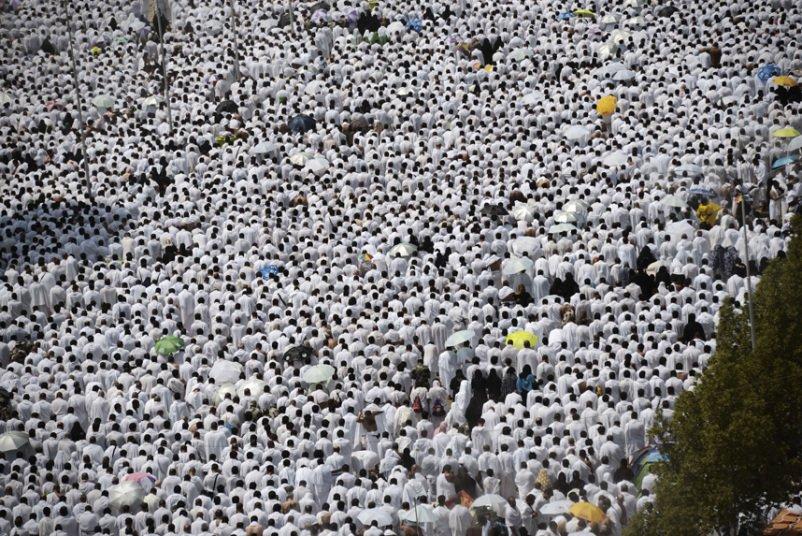
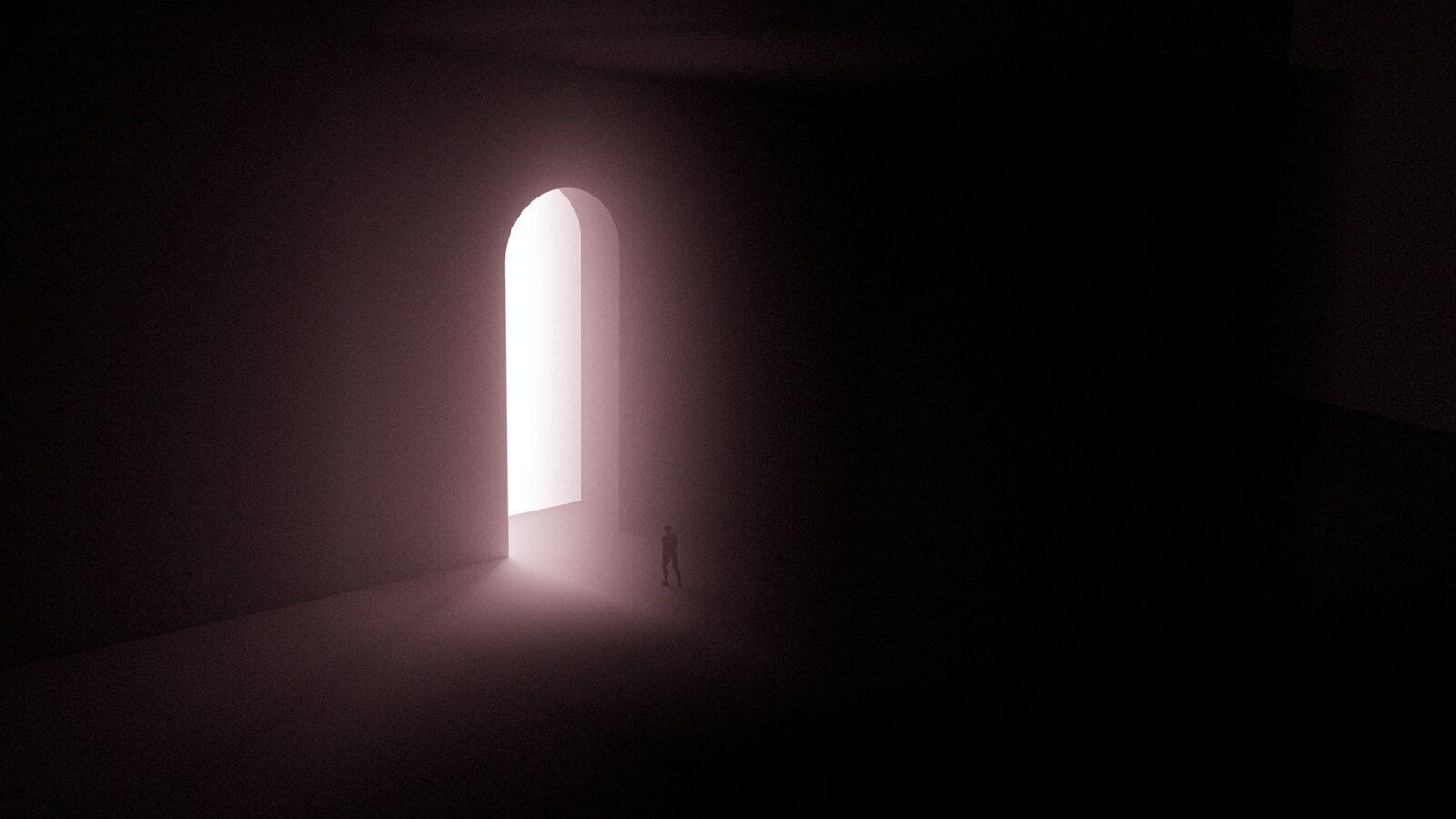
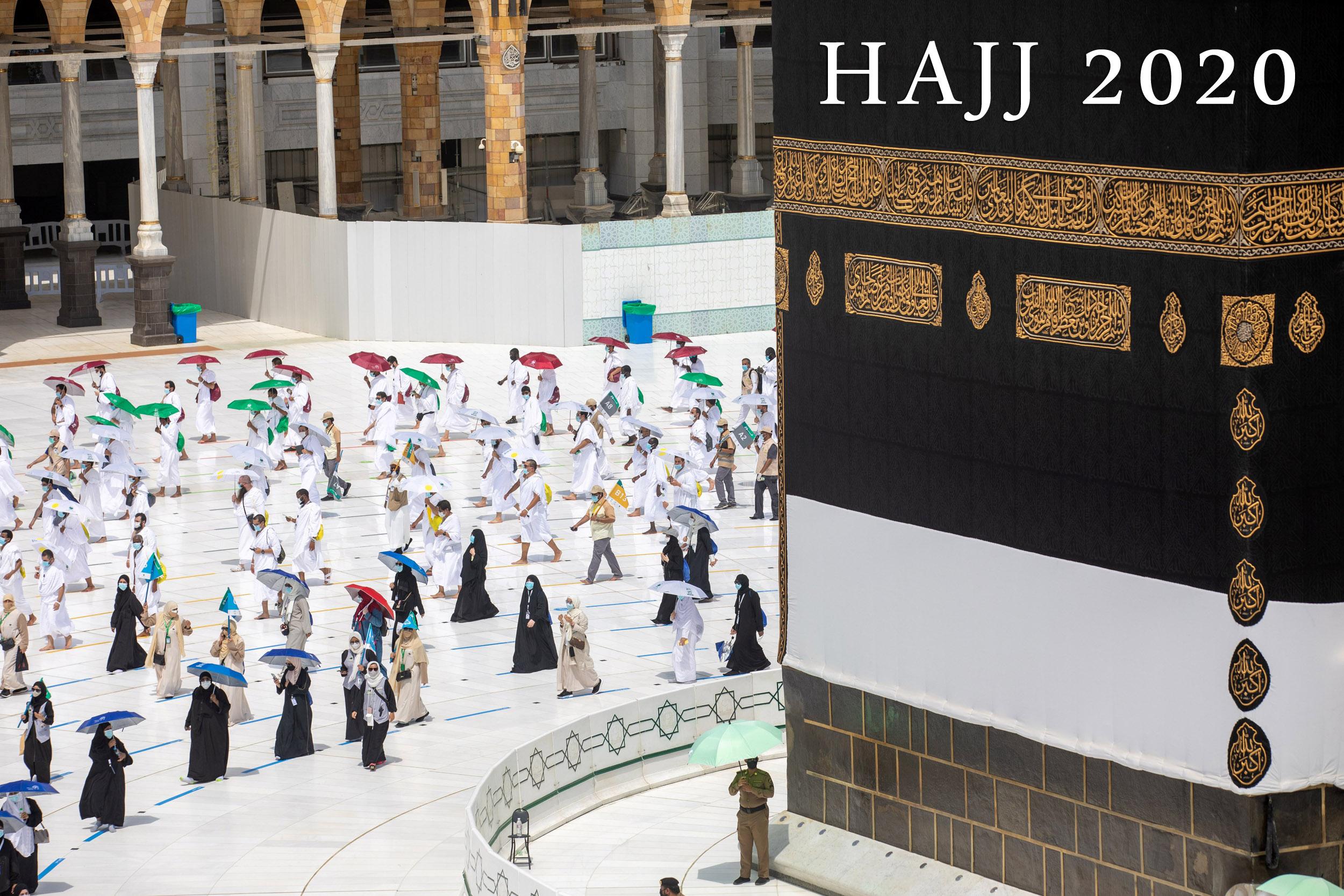
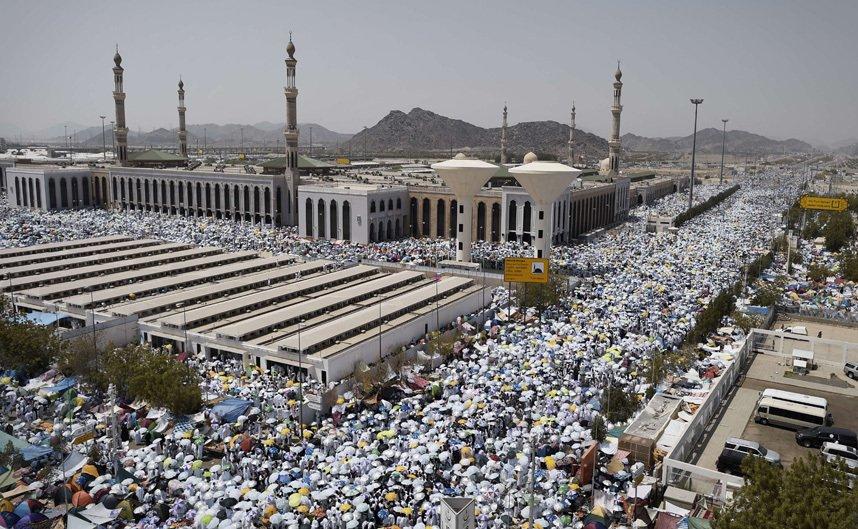
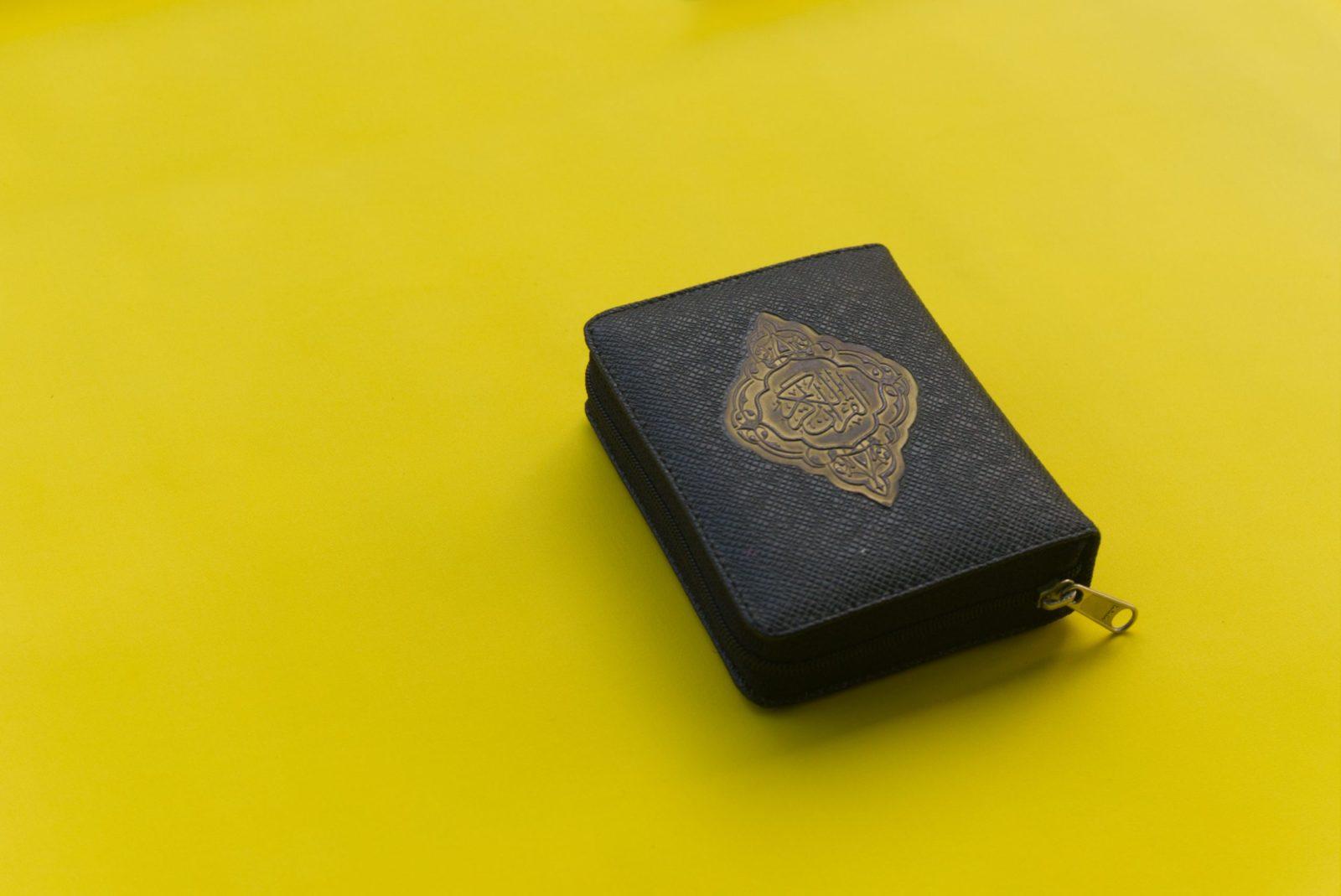
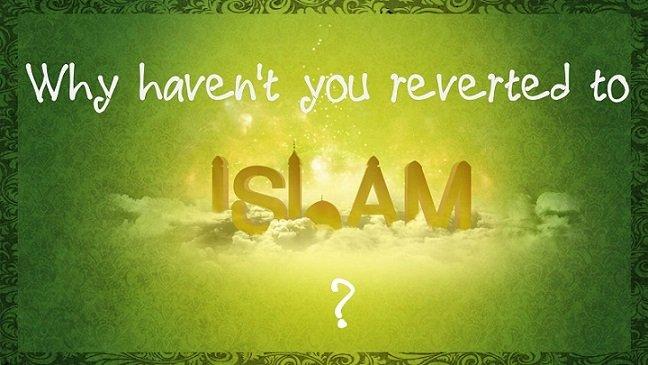

 Dr. Bilal Philips
Dr. Bilal Philips